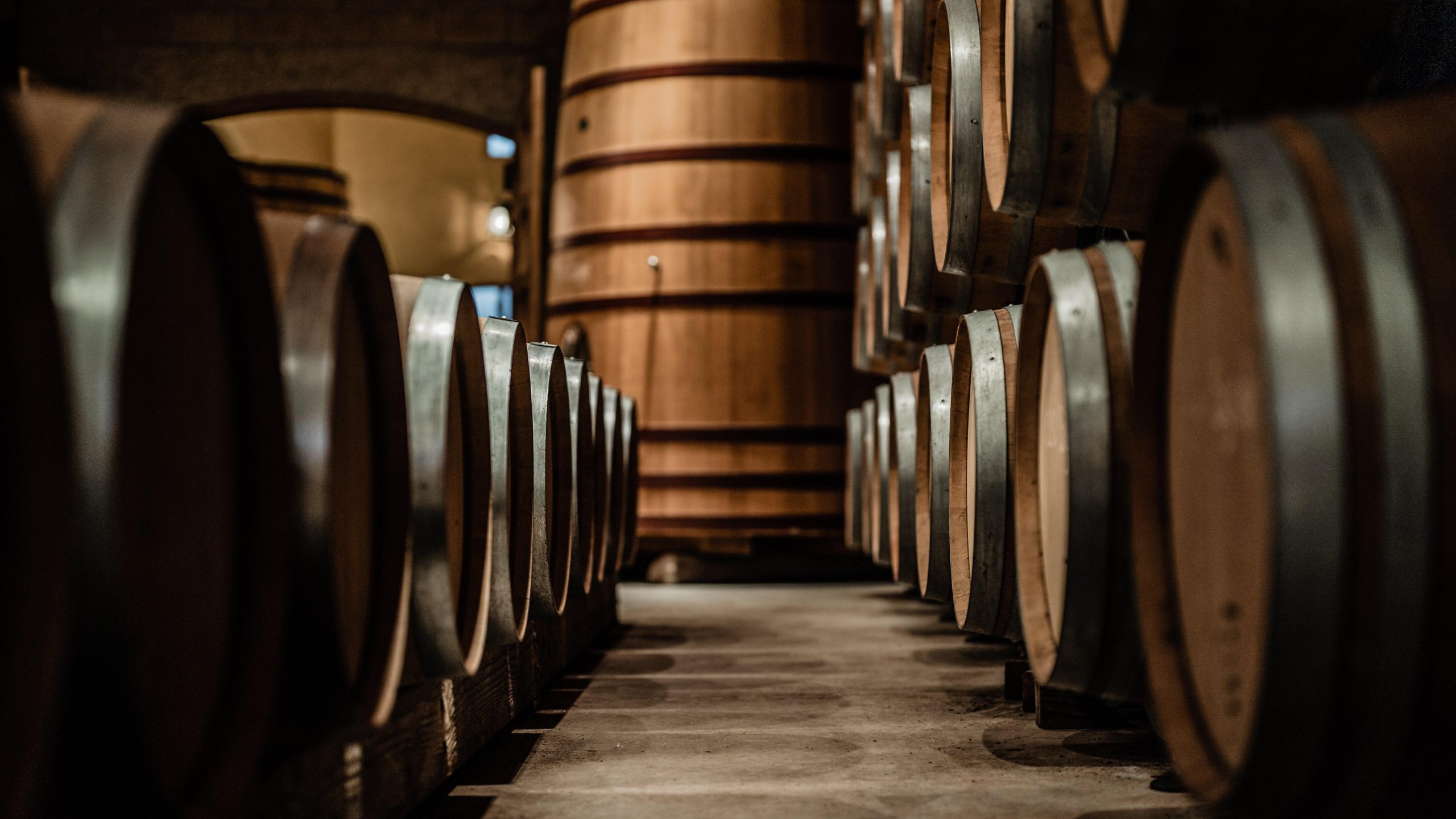1. A regulatory body and code of practice
Firstly, there needs to be a regulatory body, like the Financial Conduct Authority (FCA) for example. The FCA regulates financial services firms and financial markets in the UK, but sadly this does not extend to whisky cask investment. The buying and selling of whisky in the UK falls under HMRC regulation via the Warehousekeepers and Owners of Warehoused Goods Regulations (WOWGR) register. Companies must apply for a licence that confirms the company is legitimate and has been given the legal right to trade suspended goods by HMRC.
There is a strong case to be made for whisky investment to be covered by an industry specific regulatory body, whether self-regulated or independently governed. Other industries such as communications and energy companies have government regulatory bodies like Ofcom and Ofgem. The main aim of both bodies is to protect the consumer and ensure companies are held to account when things go wrong, for example, with the use of sanctions. By introducing something similar, financed by members in the whisky cask investment industry, where companies agree and adhere to a professional code of practice, investors would be given reassurance and greater protection.
2. Whisky consultants should be qualified
This may seem obvious, but consultants who are offering their expertise in whisky cask investment should be required to evidence that they have experience and knowledge of the industry, as well as the right qualifications and accreditations. Qualifications from respected institutions such as the Wine and Spirits Education Trust (WSET) and Edinburgh Whisky Academy are a must to ensure investors are being provided with the right advice to help them maximise returns.
While there are no formal educational requirements to be a stockbroker, for example, they are generally required to hold a Bachelor’s Degree and industry-specific qualifications, as well as registering with the FCA. In the same way, whisky brokers should be able to prove that they have relevant experience, as well as extensive knowledge of the whisky investment industry. Without this requirement, investors risk being exposed to consultants that lack the appropriate skills or qualifications.
3. An independent compliance department
Every whisky cask investment company should have an independent compliance department. Before investing, every potential customer should have a meeting with the compliance officer to ensure they are happy and comfortable with the process and understand the potential risks. Once the investor commits to purchase, a compliance officer should oversee the transfer of legal ownership, along with a lawyer, to ensure that this is conducted correctly.
Using a compliance department ensures that the company’s policies and activities support ethical protocols. This then means investors are provided with the highest quality of service and reassurance that their investment is in a safe pair of hands.
4. A legal partner
As with the independent compliance department, whisky cask investment companies should also have a legal team or partner. With brokering comes responsibility, and it should be the norm that there is a lawyer instructed to ensure processes are correctly verified. Investors should be assured that when investing in casks they are the legal owners via a Delivery Order.
A legal partner can also help draw up a Bailment Contract, which includes the Unique Cask Number, cask details and location, and signatures of both parties for complete transparency and peace of mind. This common law agreement provides proof that the investment company is simply managing the cask on the investor’s behalf, but they are the legal owner.
If the investment company were to face any financial issues, investors can be reassured that their investment would not be considered business collateral.
5. A global marketplace and indices
The wine trade industry has a global marketplace known as ‘Liv-ex’ (London International Vintners Exchange), with a mission to make the wine market ‘transparent, efficient, and safe for the benefit of everyone in the trade’. It supplies over 600 merchant members with data – including real-time transaction prices and worldwide trading and logistics services.
Unfortunately, this does not currently exist in the whisky cask investment market. Paying too much for a cask is one of the most common pitfalls, with some companies offering highly inflated prices. A global marketplace and indices for the whisky barrel market would mean there would be far greater transparency around the pricing and processes of buying and selling casks.
I believe these five measures can significantly improve the whisky barrel investment market, leading to a more trustworthy and regulated experience for investors.




